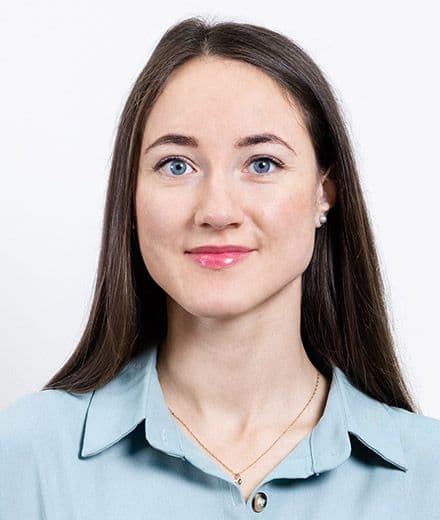Narratives communicate information in many ways, for example in books, audio dramas, films, or visual narrations like comics. While there is extensive research on text or film comprehension, relatively little is known about comic comprehension. Visual narratives, however, offer many possibilities in formal and informal education settings. This project therefore addresses the question how we comprehend and process visual narratives like comics.
This project investigates both the processes of information integration during comic reading and the influences on comprehension and processing. One set of experiments investigates the extent to which processes for understanding one form of representation (e.g., text-based narratives in books) are transferable to other forms (e.g., picture-based narratives in comics). Another set of experiments explores the agent advantage effect as a fundamental building block for understanding comic book comprehension. In addition to behavioral data, eye movement studies will be conducted.
The influence of education and age on narrative comprehension in comics is the subject of further studies. Of particular interest is the question of how people with limited understanding of textual information (e.g., due to low reading ability) perceive and comprehend visual narratives such as comics. The knowledge gained from this project will improve the basic understanding of the processes underlying the processing and comprehension of comics. As a result, comics can be used in a more targeted way to convey content in educational, professional, or recreational contexts.
Your contact person
Participants

Ekaterina Varkentin
Scientist
e.varkentin@iwm-tuebingen.de
Associated scientist
w.xu@iwm-tuebingen.deCooperation partners
Prof. Dr. Natalia Gagarina, Leibniz-Zentrum Allgemeine Sprachwissenschaft (ZAS)
Dr. Martin Merkt, Deutsches Institut für Erwachsenenbildung – Leibniz-Zentrum für Lebenslanges Lernen e. V.
Prof. Dr. Hannes Schröter, Deutsches Institut für Erwachsenenbildung – Leibniz-Zentrum für Lebenslanges Lernen e. V.
